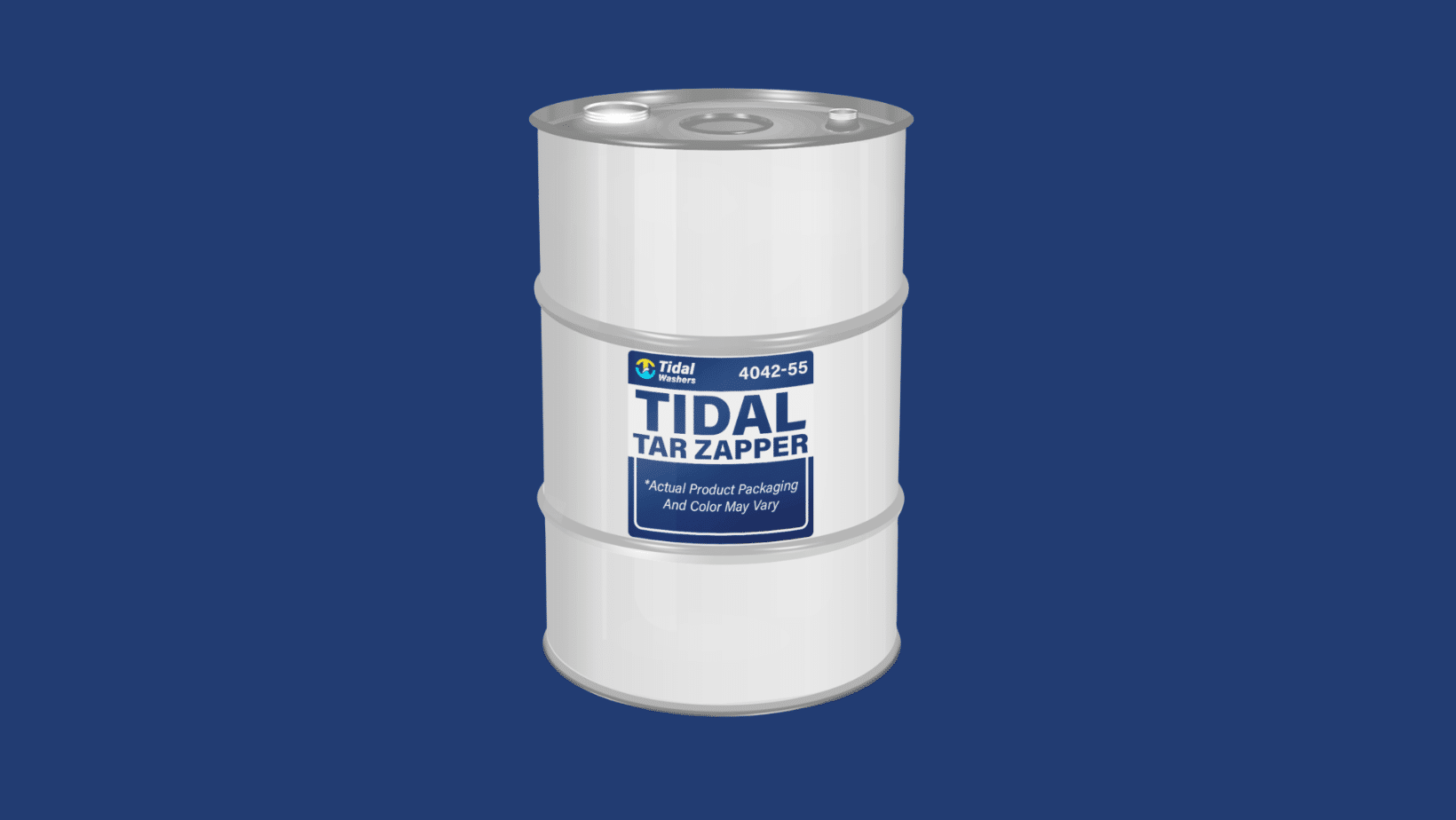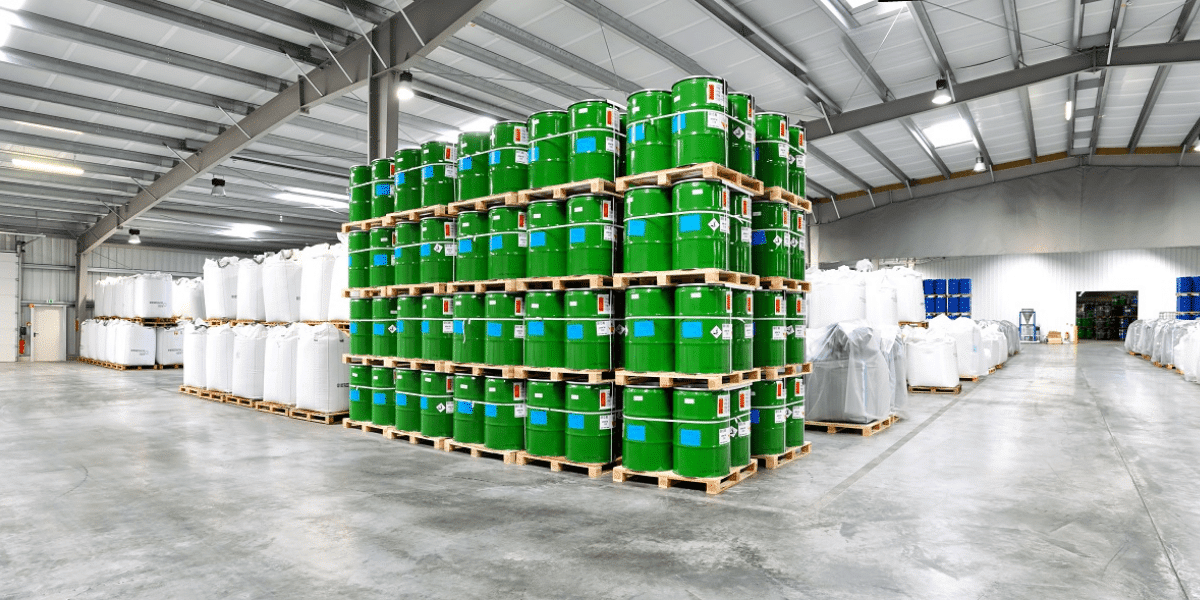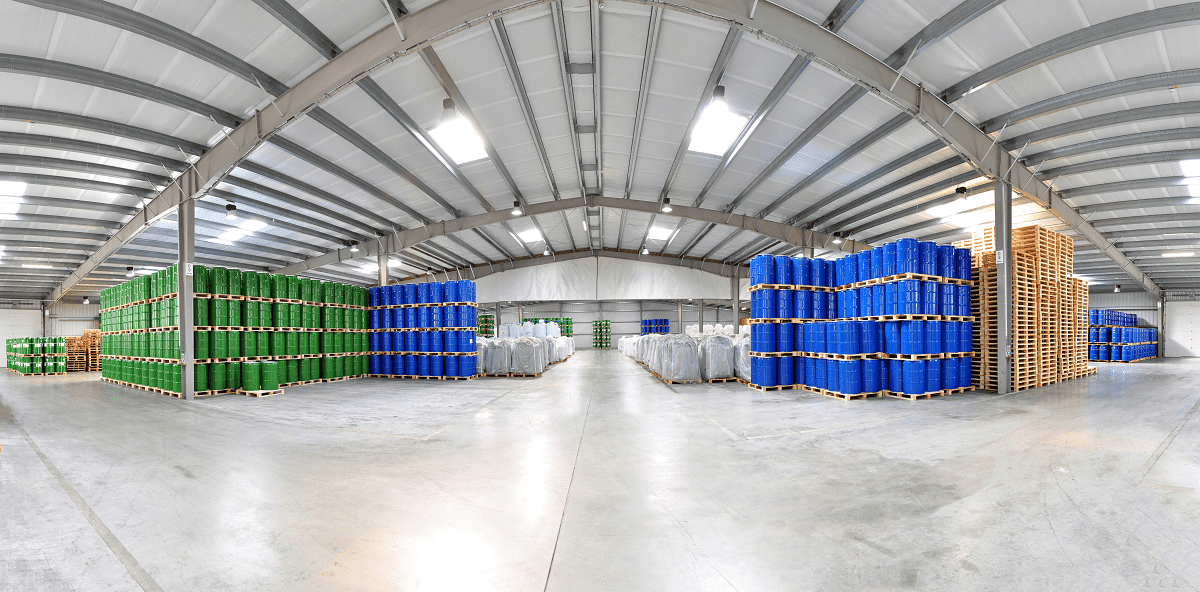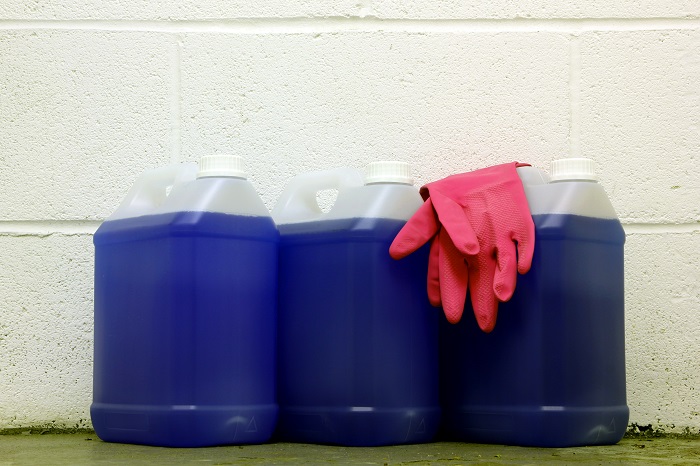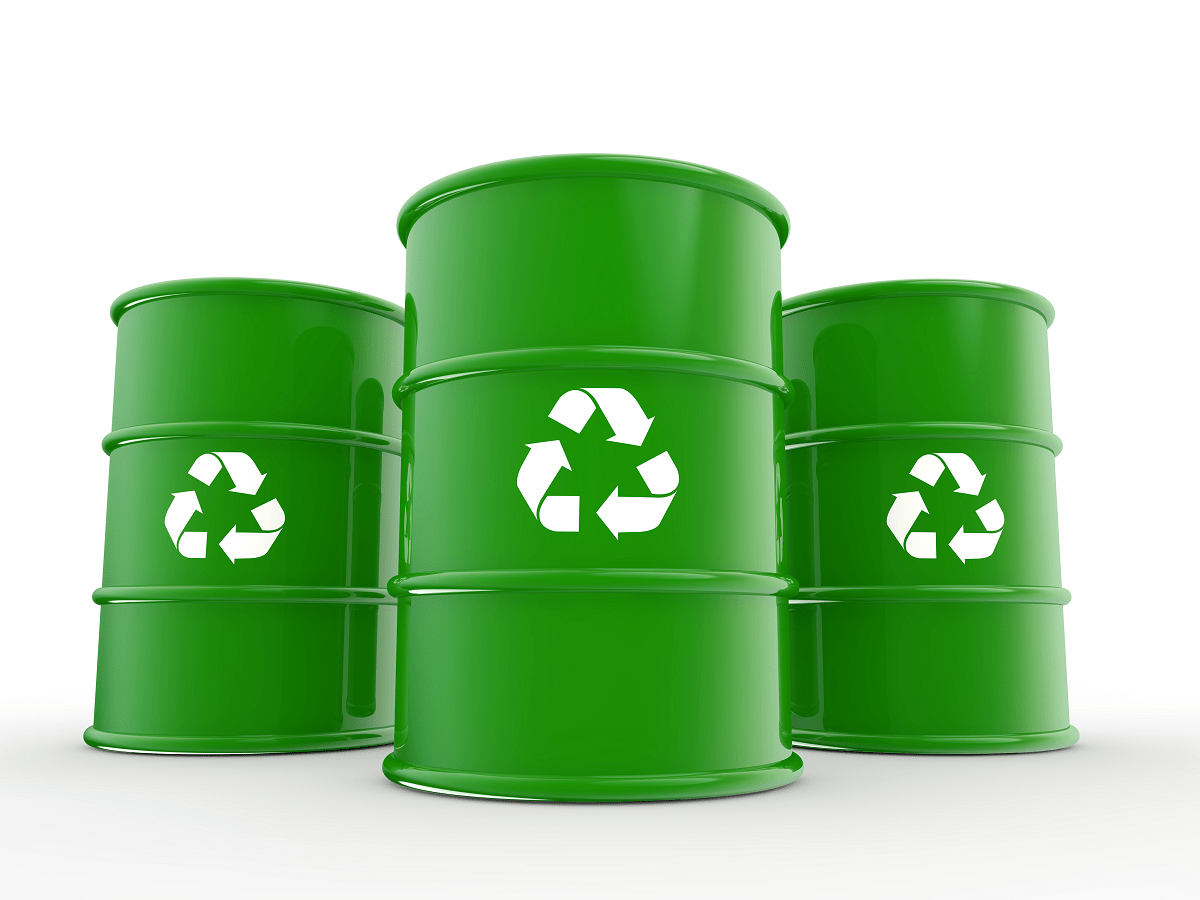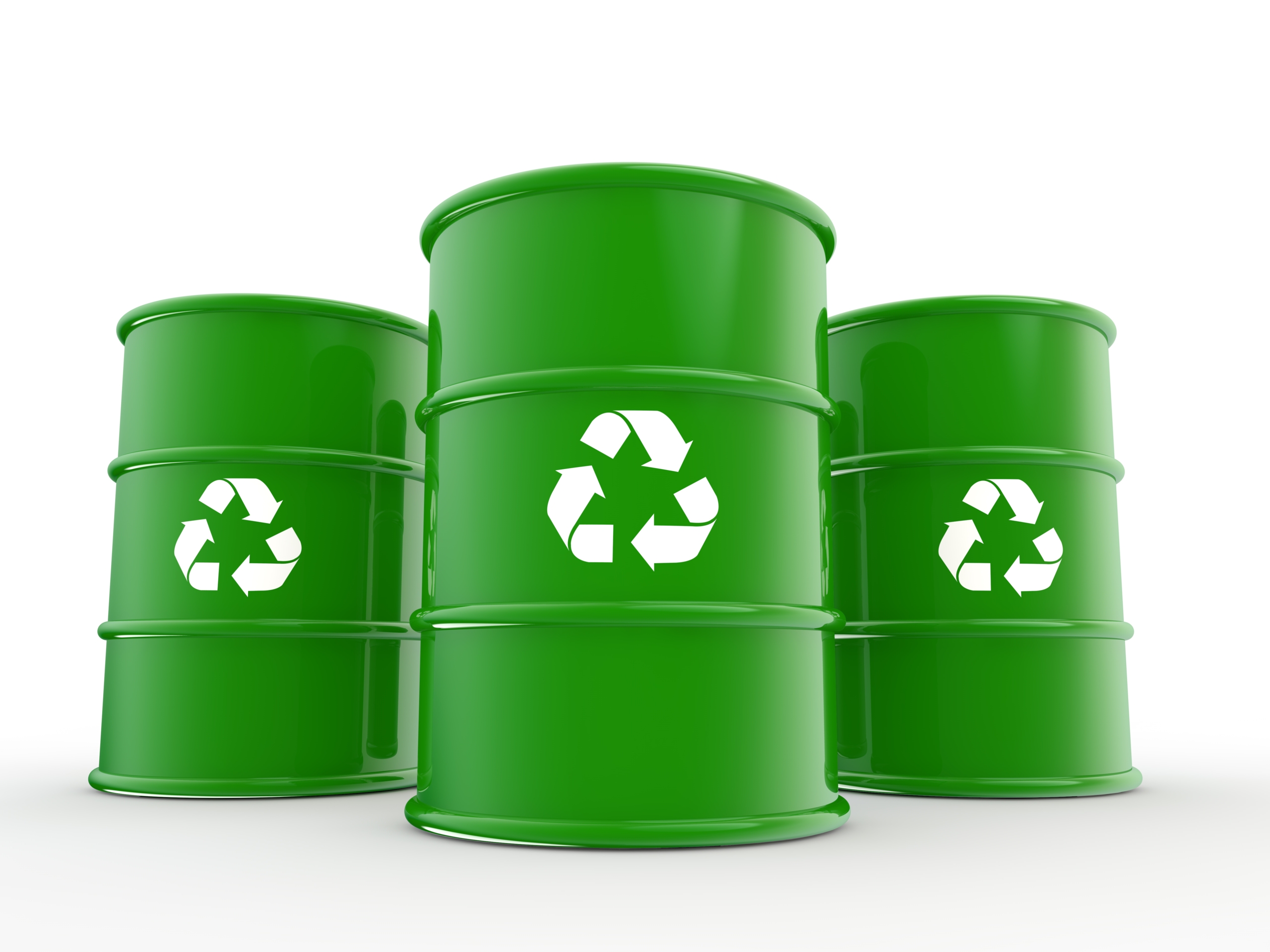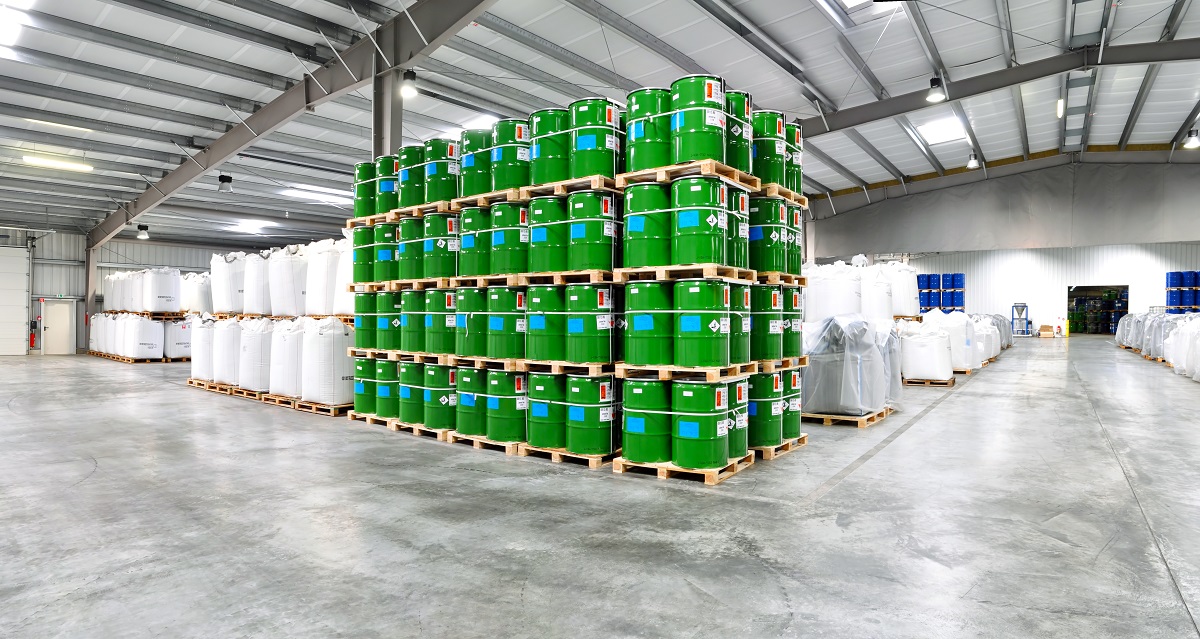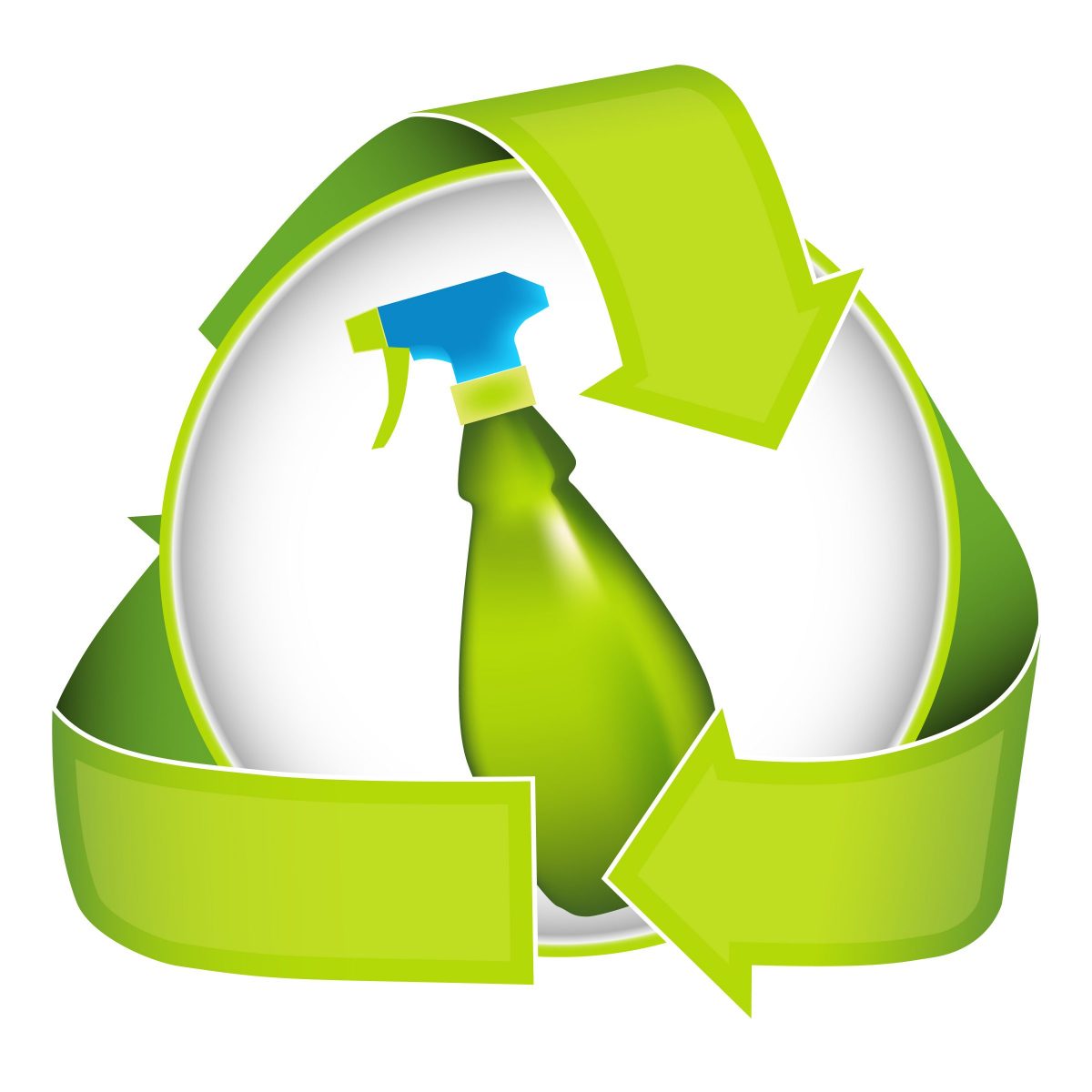Tidal Tar Zapper is an alkaline, industrial-strength cleaning solution under graffiti remover chemicals. This multipurpose cleaner can be utilized...
Blog


CHEMICAL INDUSTRY NEWS
Chemical Chat – Discover What’s New!
Isopar L Suppliers
Choosing reliablable, and knowledgeable isopar L suppliers is important for many reasons. Isopar L is a versatile industrial solvent, and users...
What Are Ink Solvents and their Components?
In the world of ink, you mainly have two choices: water-based ink or oil-based ink. The term ink solvent refers to the ink containing an oil-based...
CA compliant IPA
What is CA compliant IPA? The state of california has certain requirements and restrictions that various chemicals and...
Isopar L Suppliers
Choosing reliablable, and knowledgeable isopar L suppliers is important for many reasons. Isopar L is a versatile...
Company News
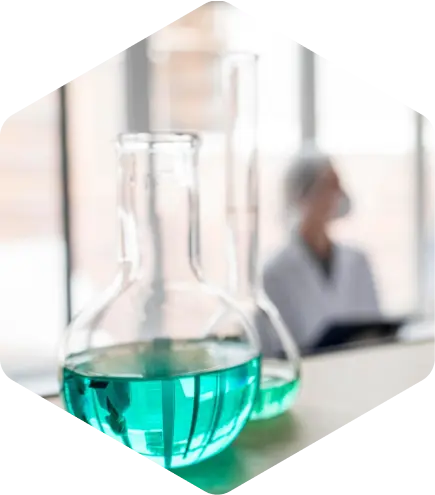
Managed Services
Discover the Latest in Safe and Sustainable Chemical Solutions
Stay informed with Ecolink’s blog! Subscribe now
Chemical Management Information
Stay updated with us
Sign Up for the Latest Updates
Stay informed about chemical supply chain disruptions and emerging innovations to keep your business at the forefront of efficiency and innovation. Uncover new ways to make your business practices more sustainable by incorporating safer products into your cleaning lineup.



